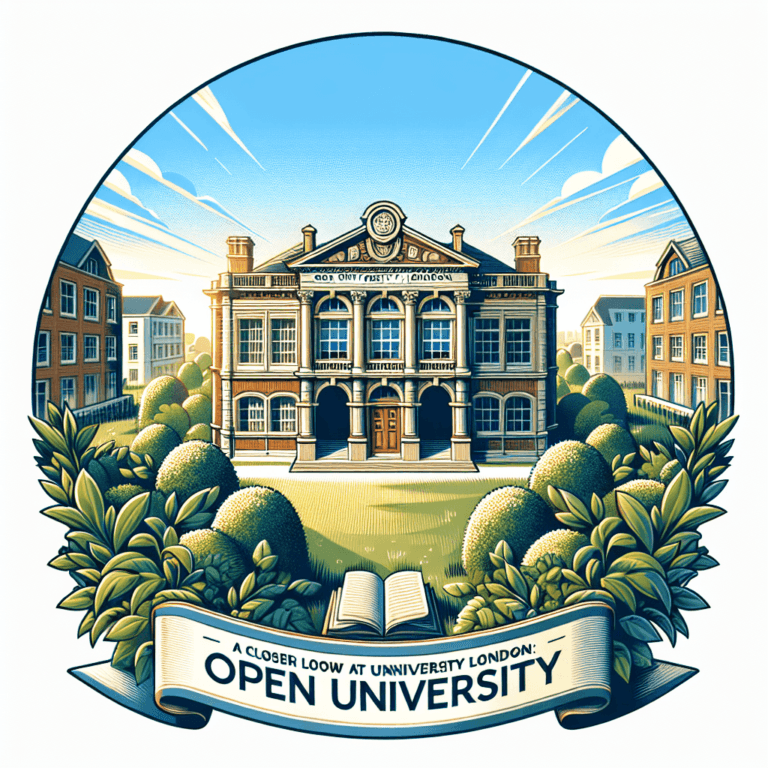In the field of computer application, programming languages are the backbone of software development. At the University of Birmingham’s Bachelor of Computer Applications program, students are introduced to the world of coding, where they learn to create, design, and implement computer programs. These programs are the backbone of various applications, systems, and software that we use in our daily lives.
The Building Blocks of Programming: Variables, Data Types, and Operators
At the heart of programming languages are the variables, data types, and operators that make them functional. Variables are used to store and manipulate data, while data types determine the type of data that can be stored in a variable. Operators, on the other hand, are used to perform mathematical and logical operations on variables and data types. Understanding these building blocks is crucial in creating efficient and effective programs.
Control Structures: Conditionals and Loops
Control structures are an essential part of programming, allowing programmers to control the flow of a program’s execution. Conditionals are used to make decisions based on conditions, while loops are used to repeat a set of statements. Understanding the use of conditionals and loops is crucial in creating programs that are flexible and adaptable.
The Role of Functions and Modules
Functions and modules are another vital aspect of programming, allowing programmers to group and reuse code. Functions are blocks of code that can be called multiple times within a program, reducing code duplication and increasing efficiency. Modules are pre-built code libraries that can be easily incorporated into a program, saving time and effort. Understanding the use of functions and modules is essential in creating modular and reusable code.
Debugging and Testing: The Importance of Error-Free Code
Debugging and testing are crucial steps in the programming process, ensuring that code is free of errors and functions as intended. Understanding how to identify and fix errors is a crucial skill for any programmer, as it can save time and resources in the long run.
Why Learn Programming Languages?
So, why should you learn programming languages? The answer is simple: programming languages are the language of the digital age. With the world becoming increasingly dependent on technology, programming skills are in high demand. By learning programming languages, individuals can open doors to new career opportunities, develop innovative solutions, and create new technologies that can change the world.
FAQs
Q: What is the best programming language to learn for a beginner?
A: The best programming language to learn for a beginner depends on your goals and interests. Popular choices include Python, JavaScript, and HTML/CSS.
Q: How do I get started with programming?
A: To get started with programming, you can start by learning the basics of HTML, CSS, and JavaScript. You can also enroll in a coding bootcamp or online course to gain hands-on experience.
Q: What is the difference between a programmer and a software developer?
A: A programmer is someone who writes code in a specific programming language, while a software developer is someone who designs, tests, and maintains software systems.
Q: What is the most in-demand programming language?
A: The most in-demand programming language varies depending on the industry and location. However, according to job postings and market trends, Python, Java, and JavaScript are some of the most in-demand languages.
Q: Why do I need to learn coding? What are the benefits?
A: Learning coding can benefit you in various ways, including increased career opportunities, improved problem-solving skills, and a better understanding of how technology works.
Q: Where can I learn more about programming languages?
A: You can learn more about programming languages through online courses, tutorials, and coding communities. Some popular resources include Codecademy, Coursera, and edX.
Q: Who should learn programming languages?
A: Anyone interested in technology, software development, or data analysis can benefit from learning programming languages. Students, professionals, and hobbyists alike can gain valuable skills and knowledge by learning to code.
Q: What is the future of programming languages?
A: The future of programming languages is rapidly evolving, with new languages and technologies emerging at a rapid pace. AI-powered coding tools, blockchain integration, and cloud-based platforms are just a few examples of the exciting innovations that are shaping the future of programming.
#Art #Coding #Understanding #Fundamentals #Programming #Languages







